There’s something uniquely thrilling about opening a new package. This excitement can be traced back to a psychological process, where the anticipation of receiving something new triggers a dopamine release in our brains.
It’s akin to the feeling we get when looking forward to a vacation or savoring our favorite meal. The period of waiting intensifies our excitement, making the moment of unboxing an exhilarating climax to our anticipation. This psychological phenomenon explains why, in an era dominated by digital interactions, the physical experience of receiving a package remains so satisfying.
Anticipation: The Ultimate Tease

Anticipation plays a crucial role in our love for receiving packages. It starts the moment we click “buy” and doesn’t end until we’re physically holding our purchase, similar to the buildup to a holiday or special event.
Our brains thrive on this suspense, releasing pleasure signals as we imagine the moment of arrival (via The New York Times). This cycle of anticipation and reward is what keeps us coming back for more, always eager for the next delivery truck to stop by our door.
Self-Gifting: Treating Yourself

Receiving a package often feels like a personal celebration. In today’s fast-paced world, self-care has taken on new importance, and online shopping has become a popular form of self-gifting.
Each delivery acts as a small token of appreciation we give ourselves, a tangible reminder to take a moment for personal joy. This element of self-gifting taps into our need for self-love and care, making each package more than just a purchase — it’s a gift that lifts our spirits and breaks the monotony of daily life.
Caught in the Web of Social Media
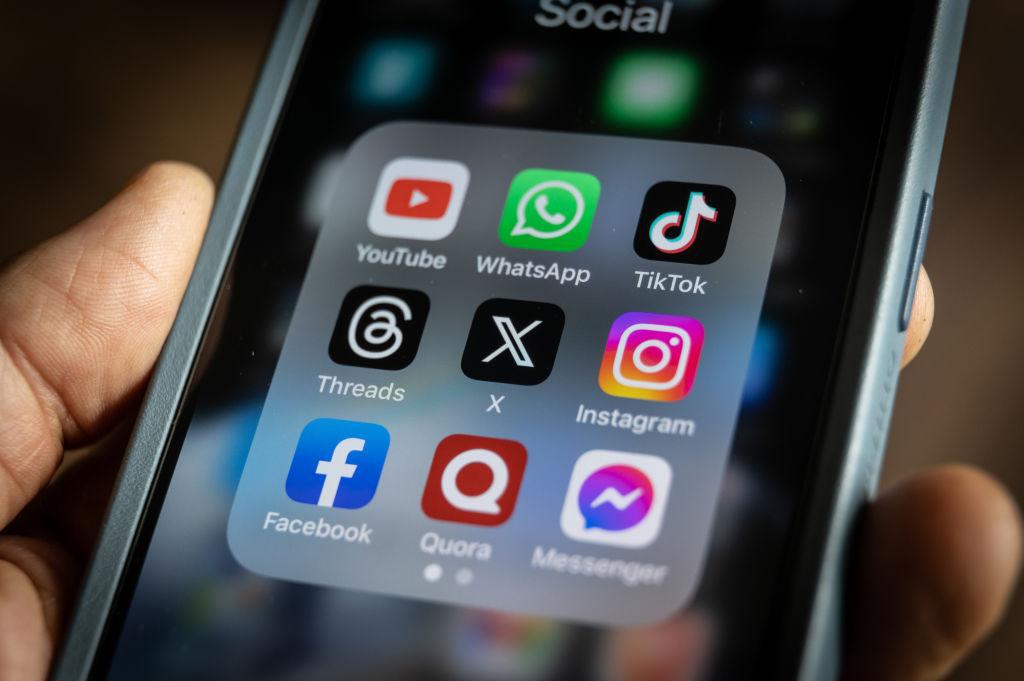
Social media has transformed shopping into a communal experience. Online marketplaces run deep with unboxing videos, limited-time deals, and product reviews, creating a circle of shared excitement and, hopefully, product transparency.
This visibility often sparks a fear of missing out (FOMO) among viewers, driving them to make purchases to feel included in the latest trends. The validation we receive from participating in these shared experiences reassures us, making our spending seem more justifiable, and perpetuating the cycle of anticipation and satisfaction.
The Financial Ripple Effect

The flip side, unfortunately, is that our fascination with packages has tangible financial implications. The ease of online shopping, combined with the emotional rush of anticipating a delivery, can lead to impulsive buying.
These decisions, often made in the heat of the moment, may not align with our financial goals, leading to unnecessary expenditure. Over time, even small purchases accumulate, slowly draining our bank accounts and overshadowing long-term financial health with immediate gratification.
Consumerism at a Click

Online shopping has made indulging in consumerism easier and more tempting than ever before. With just a click, we can purchase almost anything from anywhere at any time.
This convenience feeds into a cycle of constant buying, where the thrill of getting a new package can overshadow the need for financial well-being. Digital marketplaces have expanded our access to goods, encouraging a culture of continuous consumption that can strain our finances.
The Hidden Costs of Happiness
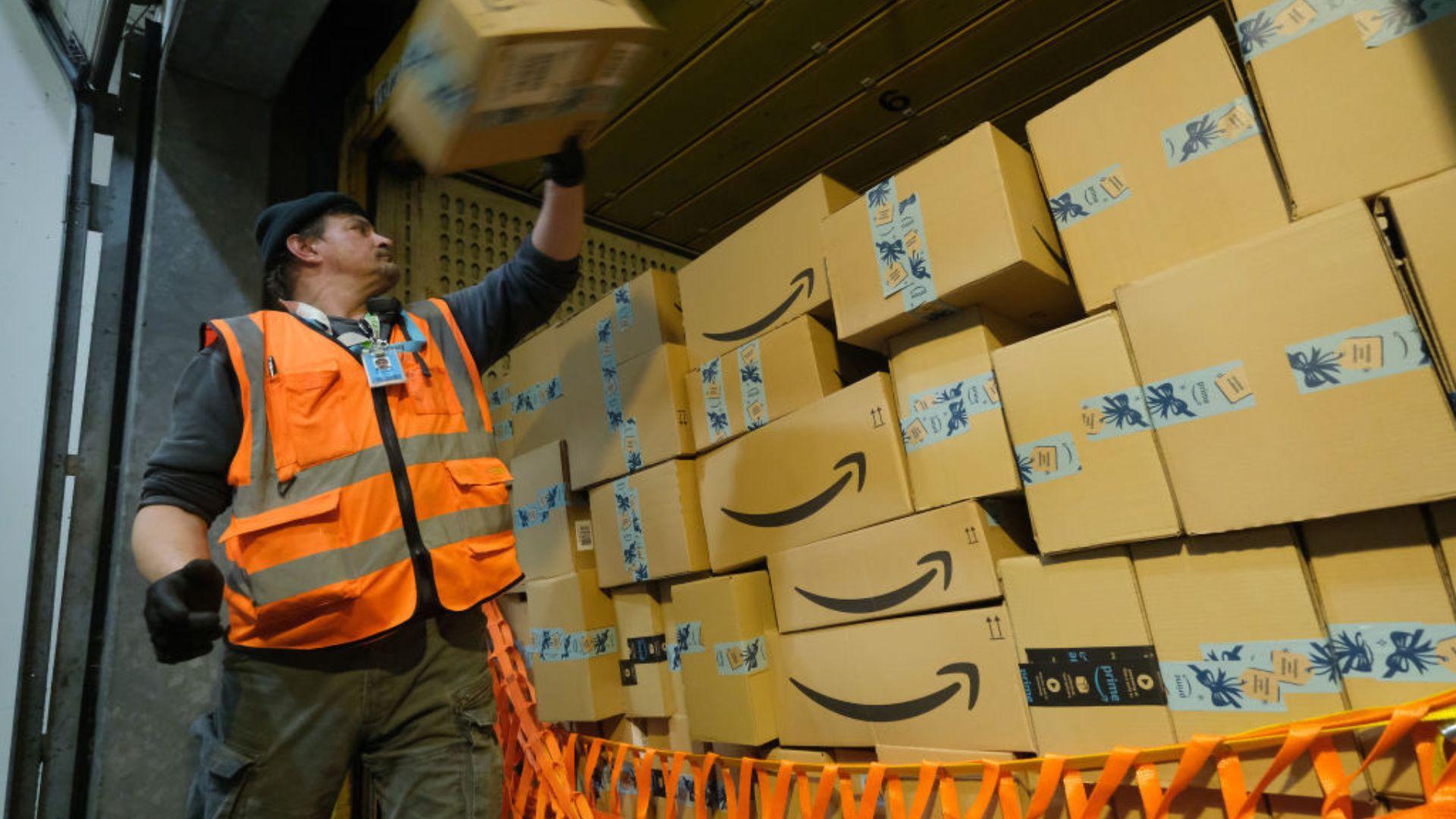
The joy of receiving a new package can come with hidden costs. Beyond the price of the item and shipping, there are financial repercussions such as increased credit card debt and depleted savings.
The short-term happiness of unboxing can obscure the long-term consequences of accumulating expenses, leading to financial challenges. When shopping online, it’s important to keep the less obvious financial implications of our package-receiving habits in mind, highlighting the importance of mindful spending.
Mindful Shopping: Finding Balance

Finding a balance between the joy of receiving packages and maintaining financial health is crucial. Mindful shopping might include things such as setting budgets, distinguishing between needs and wants, and practicing delayed gratification.
By becoming aware of the triggers that drive our shopping behaviors, we can enjoy the excitement of new packages without compromising our financial stability, ensuring that our spending habits support both our immediate joy and long-term financial goals.
The Role of Retail Therapy
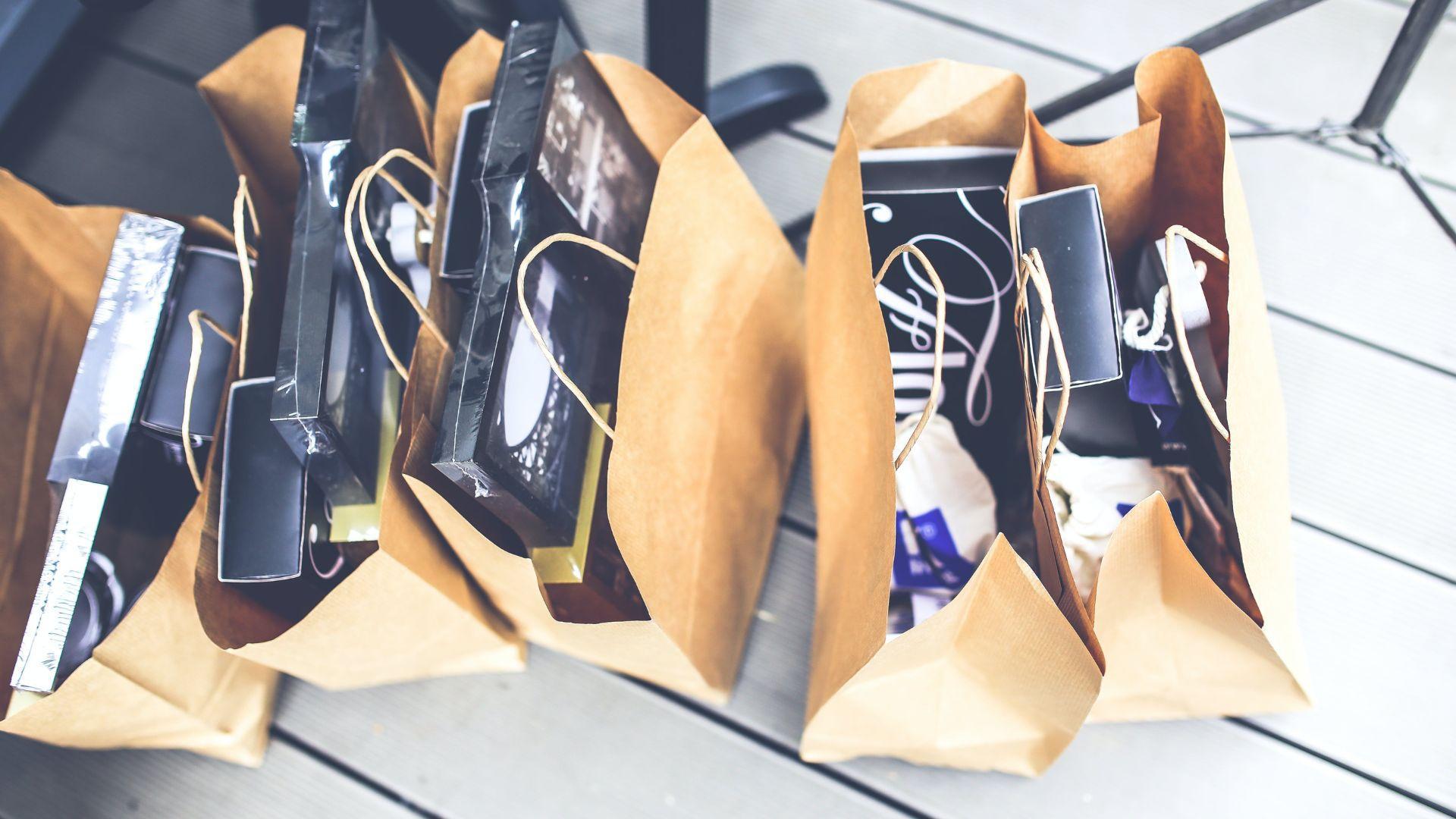
For many, online shopping serves as a form of retail therapy, providing a quick and accessible way to lift one’s mood. The act of purchasing and receiving new items can offer a temporary emotional boost.
However, it’s also important to be cautious with the fine line between using shopping as a mood lifter and the risk of it leading to financial strain.
Societal Influence on Shopping Habits

Our shopping habits are significantly influenced by societal norms and expectations. Consumer culture and societal pressures — whether it be from our favorite celebrities or our circle of family and friends — shape our desire for new packages.
From the need to keep up with trends to the social validation received from owning the latest products, societal influences play a pivotal role in driving our consumption patterns, often at the expense of our financial well-being.
Creating a Sustainable Shopping Habit
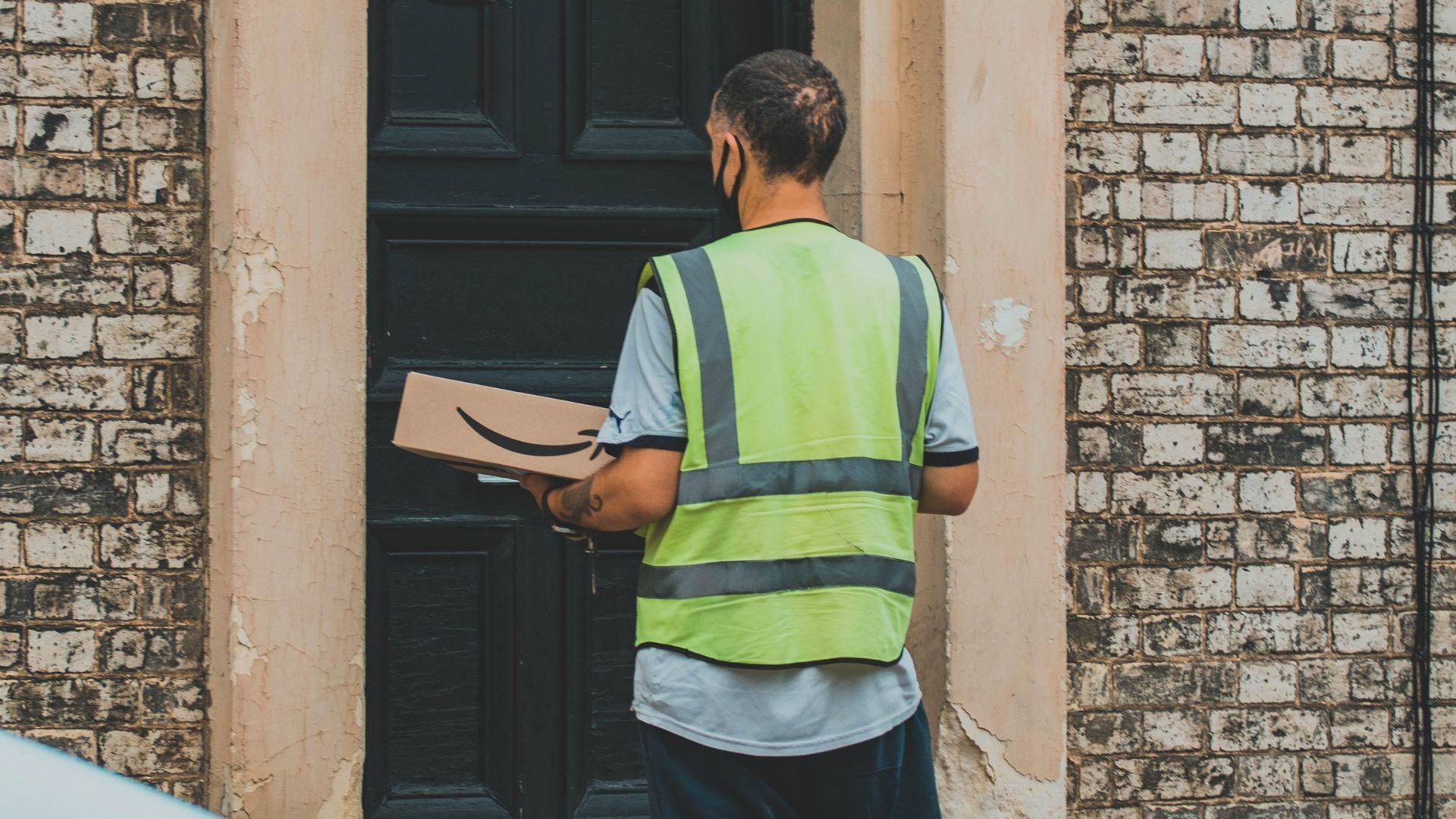
Adopting sustainable shopping habits is key to enjoying new packages without financial regrets. Start by prioritizing purchases from eco-friendly and ethical brands, which not only benefits the planet but often leads to acquiring items of higher quality that last longer.
Resist the urge to buy on impulse by setting a waiting period for each potential purchase, giving yourself time to consider if you really need or will use the item. Additionally, embracing a minimalist approach by buying less but better can lead to more meaningful and satisfying acquisitions.
The Future of Shopping and Finances
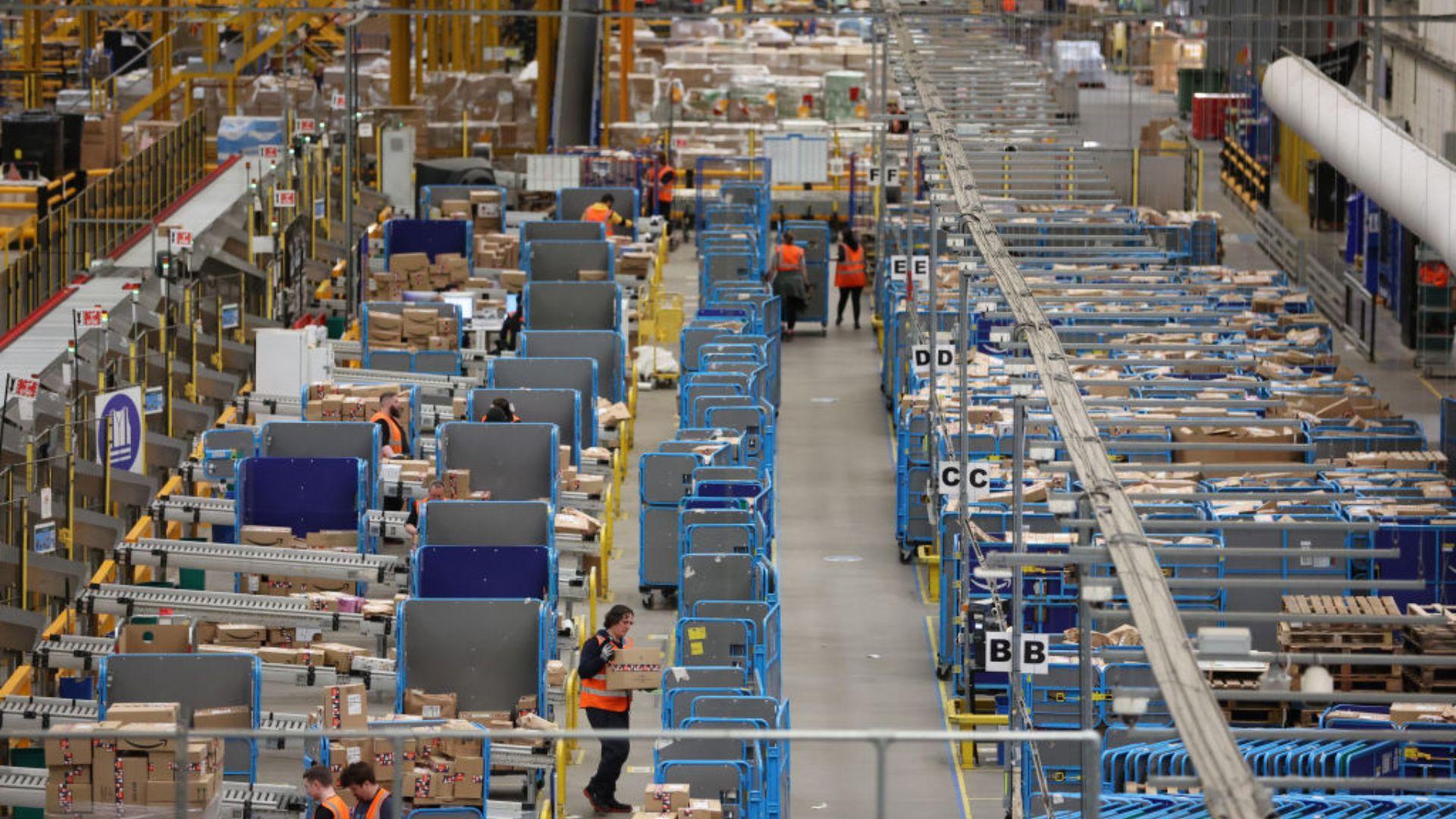
As awareness of the psychological and financial impacts of our shopping habits grows, new technologies and platforms may emerge to help balance our love for packages with our financial stability.
By staying informed and being mindful of online spending, shoppers can maintain the thrill of new arrivals while safeguarding their financial health and potentially even contributing to a more sustainable future.
